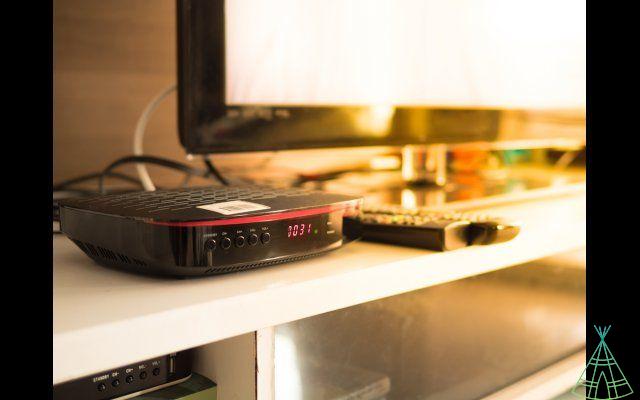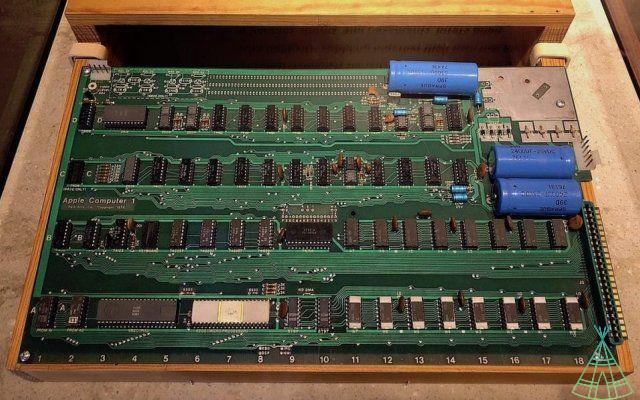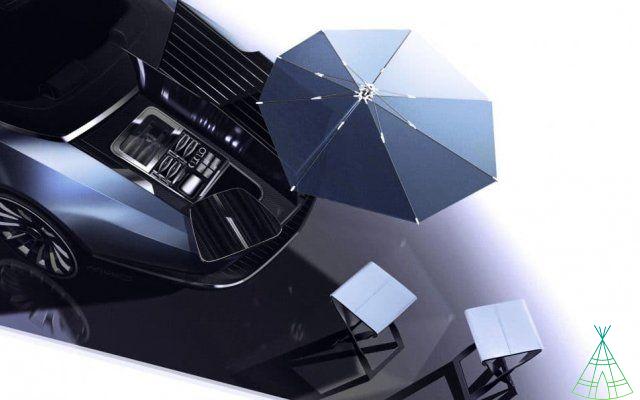The ability to combine electric and buston engines is the great asset of hybrids, an increasingly popular vehicle segment, especially abroad. To get an idea, Toyota already sells more electrified cars than gasoline.
The segment also gained fans in Brazil and recorded an increase in demand. According to a survey by Mercado Livre, there was a 77% increase in the search for electric and hybrid cars on the platform in 2022, compared to the same period of the previous year.
Among the most searched models are: Toyota Corolla, Ford Fusion and Porsche Panamera. Thinking about it, we separate some benefits and details that deserve your attention before betting on this category of vehicles.
Are all hybrids the same?
Although the principle is the same between automakers, that is, equipping the car with a battery unit and a gasoline unit, each brand applies technology in its own way, and there may be notable differences.
The electric motor can only be activated at low speed and even be deactivated when a certain speed is reached. While other brands can take advantage of the extra power to help with acceleration in sport models.
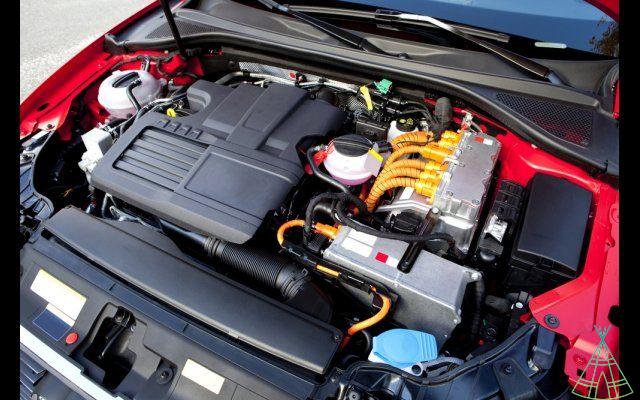
Advantages of hybrid cars
The first is that when using the electric motor, the emission of gases decreases. The battery booster also makes no noise while activated, reducing noise pollution on the streets.
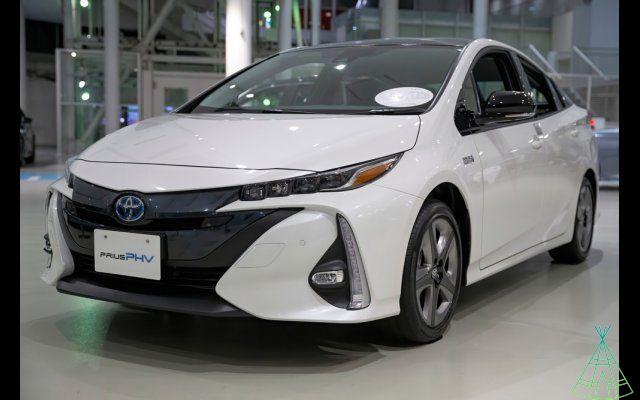
Unlike more advanced hydrogen-powered or electric-only vehicles, there is also a considerable range of models on the market. The best sellers in Brazil until September 2022 are:
- Toyota Prius (R$ 190.190);
- Toyota Corolla Altis Hybrid (R$ 154.890);
- Toyota Corolla Cross XRV Hybrid (R$ 177.290);
- Lexus UX Luxury 250h (R$ 259.990);
- Volvo XC40 T5 Momentum (R$ 269.950);
- Honda Accord Hybrid (R$ 299.990);
- BMW 330e (R$ 372.950).
Another feature worth mentioning is the ability to recover battery charge on the move by harnessing energy from the brakes. This technology came from Formula 1, which since 2014 has adopted hybrid engines.
In addition, landlords can get government incentives on property and tax rebates. In São Paulo, for example, the driver will have 50% discount on IPVA.
Not to mention the autonomy, which at the end of the day is much higher than fully electric cars due to the support of the gasoline engine.
Disadvantages of hybrid cars
Some components used to manufacture a hybrid system are elements that need to be extracted from nature, generating impacts on the environment.
two motors on board and batteries, hybrids are also heavier, which can impair the ultimate range of the vehicle on long distance journeys.
Cars in the category, especially in Brazil, are also more expensive than versions that run on fossil fuels.
It is up to the driver to weigh the pros and cons. Fuel economy, especially for those driving in the city, is undoubtedly a strong point. However, the starting price is still an obstacle that weighs on the pocket. Which brings us to another question: Is it worth buying a used hybrid car?
used hybrids
Among the things to consider, look for information about service history, as well as the availability and retail price of replacement parts.
Pay special attention to battery wear! In the Ford Fusion Hybrid, for example, one of the models for the longest time on the domestic market, a new one costs around R$ 40, not counting the replacement price. The good news is that the automaker's factory warranty covers the battery for eight years.
The battery for the Prius, the most popular in the category, costs around R$10.500, also with an eight-year warranty offered by Toyota. The Japanese automaker estimates that a hybrid car's battery lasts about 10 years before losing its efficiency.
A hybrid made in 2010, for example, will soon need new batteries, which, as we've seen before, doesn't come cheap. A used hybrid Fusion 2010 model costs around R$ 50 thousand, however, the battery alone almost exceeds the value of the car.
See also:
- Cheapest in the world? 'Affordable' electric vehicle launches in India
- Spanish bus powered by solar energy is featured in SC
- Waterproof? Elon Musk Claims Cybertruck Can Run the Boat
Maintenance
Another point to be considered is the presence of specialized labor in your region. Due to the high voltage of the system, mandatory safety procedures must be carried out. One of them is the de-energization of the system.
Now, imagine that some essential part of the car has a problem in an inner city. In this case, the probability of finding a specialist is still rare. In large centers, this tends to improve faster with more models on the streets.
In the end, despite the lack of infrastructure, the electrification of cars is moving forward in Brazil. In 2021, according to Anfavea data, 34.990 electrified vehicles were sold, 77% more than the previous year.
Imagem principal: NeydtStock/Shutterstock
Have you watched the new Technology Refugee YouTube videos? Subscribe to the channel!







